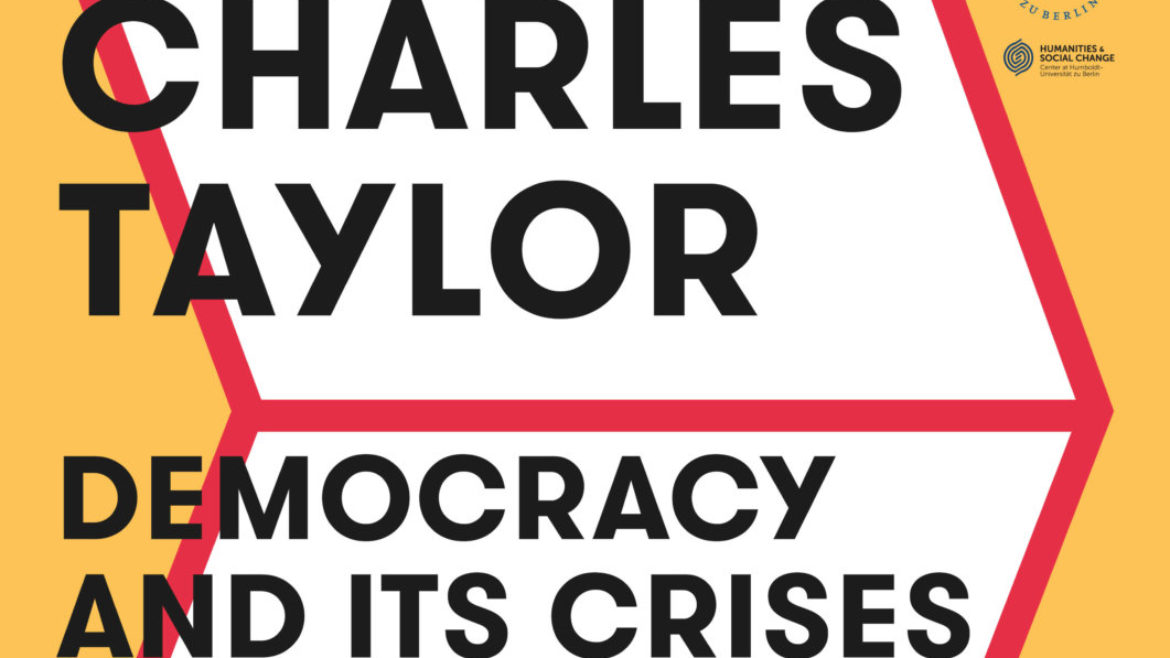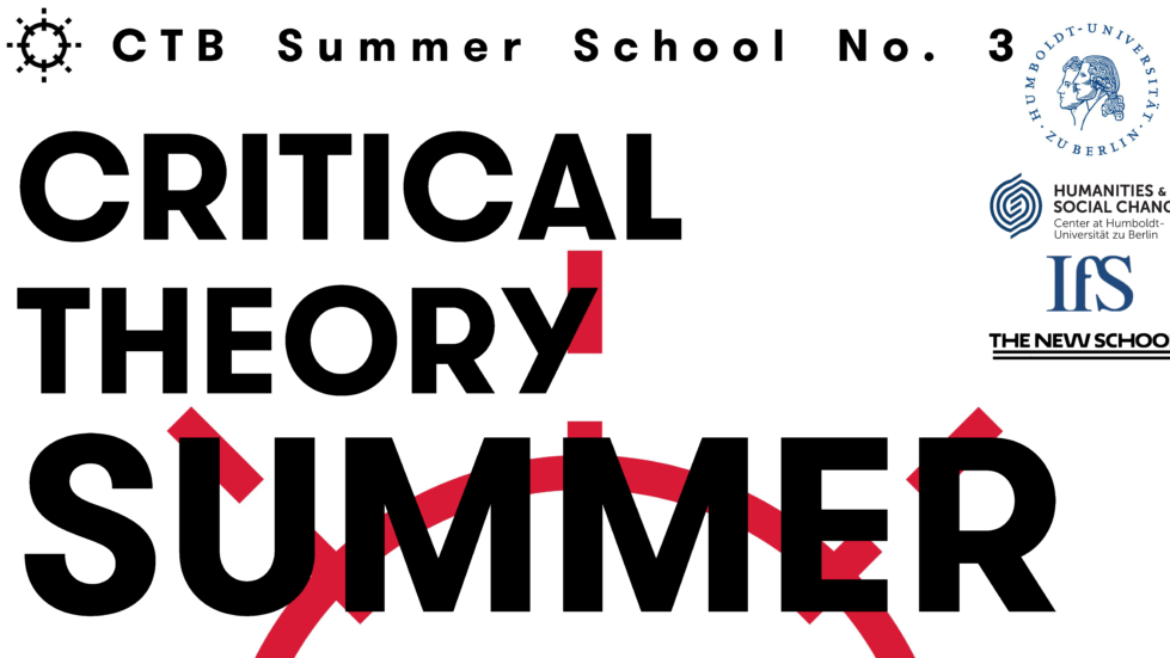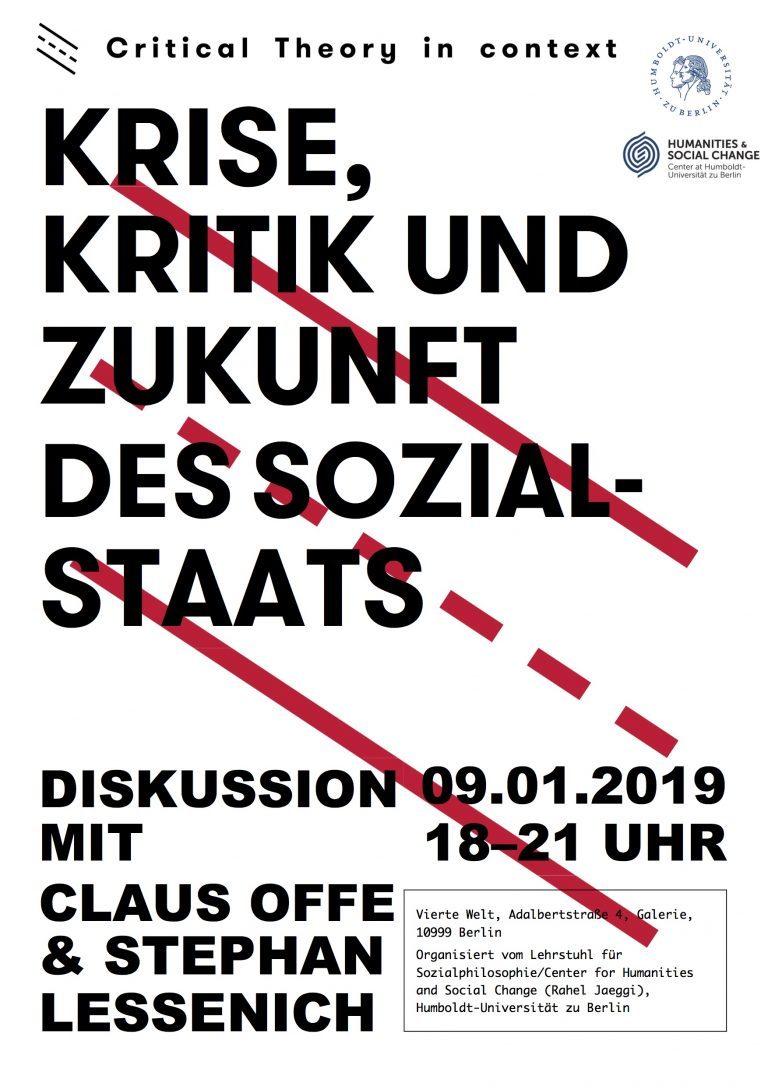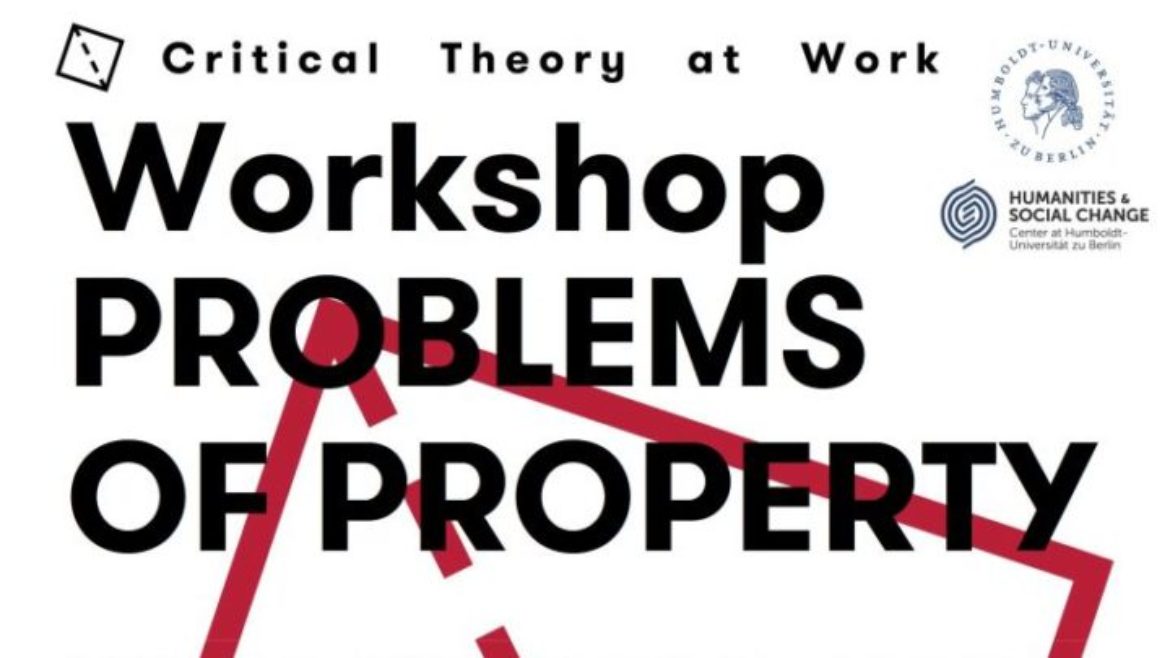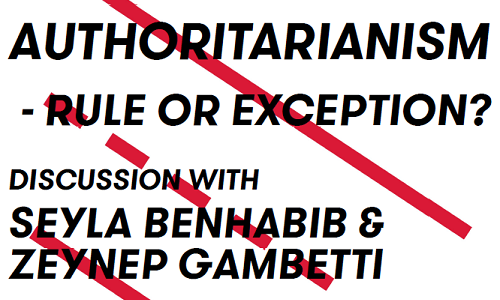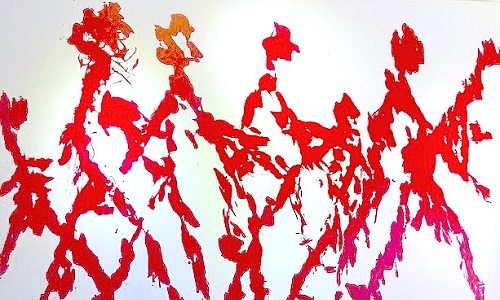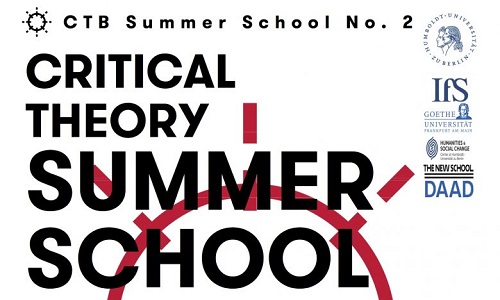Walter-Benjamin-Lectures 2019
This June, the Humanities and Social Change Center Berlin will launch its new event format, the annual Walter-Benjamin-Lectures. The Canadian philosopher Charles Taylor inaugurates the prominent series. In a sequence of three evening lectures (June 17th to 19th), Taylor will address “Democracy and its Crises”, covering various forms of democratic deterioration, such as political alienation, increasing inequality, xenophobia and polarization, as well as possible ways out of crisis.
Walter-Benjamin-Lectures by Charles Taylor
Charles Taylor is one of the most profound thinkers of our age. His early work on the embeddedness of cognition in the life-world demarcated a paradigm shift in the epistemology of social science. Guided by his novel reading of Hegel, Taylor subsequently embarked on an extraordinary research program: to elucidate and overcome the contradictions of modernity in the light of modernity’s own development, drawing out its limitations and imbalances. This project is laid out in two monumental monographs, one on the history of the self and one on secularization. More recently, Taylor has brought the motif of obscured social grounds to bear on questions of democratic politics. He has traced progressive trajectories, yet also started to analyze how the disavowal of shared values, imaginaries, and social relations unleashes destructive tendencies. The Benjamin-Lectures will assemble these investigations, combining a trenchant diagnosis of current threats to democracy with an encompassing philosophical picture of our time.
The Benjamin-Lectures will take place in the Emil-Fischer-lecture hall at Humboldt-University, Berlin, at Hessische Straße 1-2, each day at 6pm.
There is no entry fee.
June 17th “Losing Faith in Democracy”; respondent: Maeve Cooke (University College Dublin, Ireland)
June 18th “Xenophobia and polarization”; respondent: Patrizia Nanz (Universität Potsdam, Germany)
June 19th “What can be done?” respondent: Zhang Shuangli (Fudan University, China)

